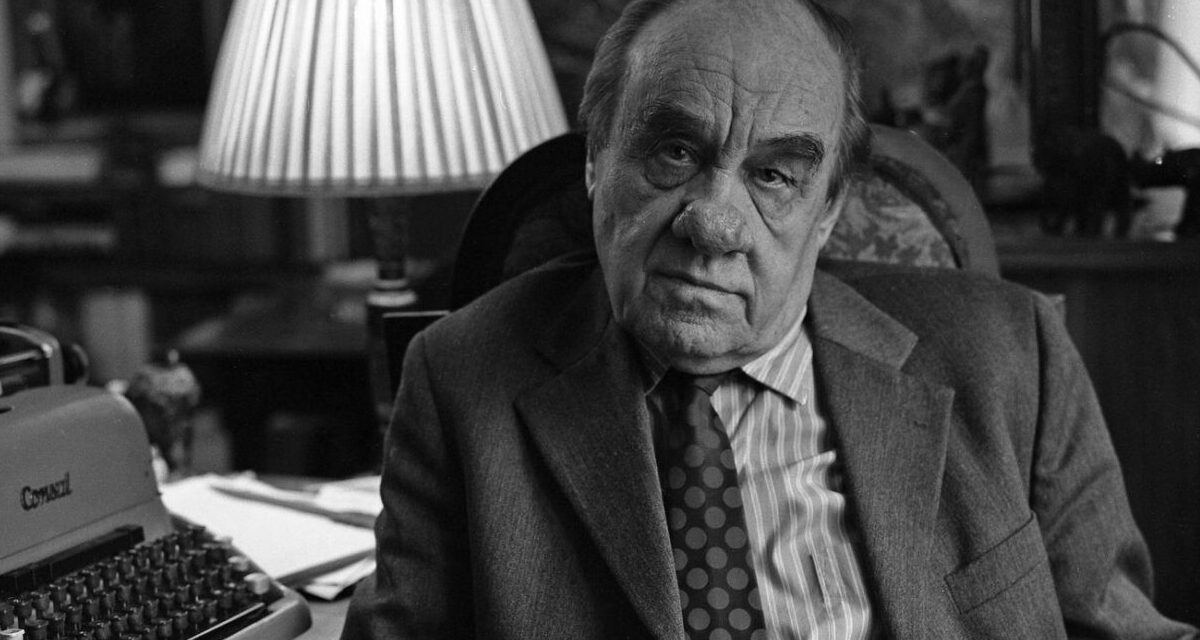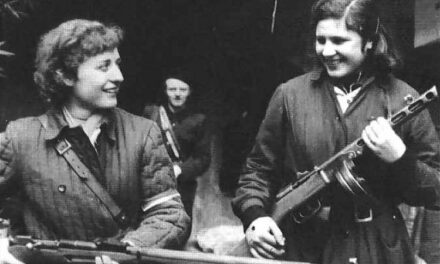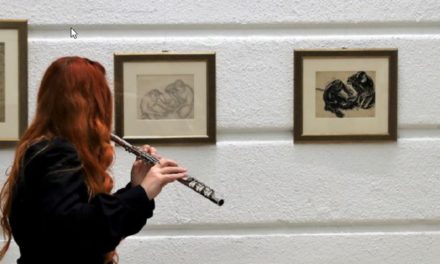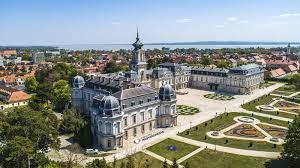A regular member of the Hungarian Academy of Arts (MMA) he was 93 years old.
- His oeuvre, which is extremely prolific both in Slovakian and universal contemporary Hungarian literature, includes more than forty volumes. He experimented with almost all versions of the epic, most often with the beautiful prose, but he also often used the expressive possibilities of the lecture prose - he praised in the MMA press release.
Gyula Duba was born in Hontfüzesgyarmat in the highlands on June 8, 1930. After finishing elementary school, he went to Lévá to continue his studies and obtain his high school diploma.
After the Second World War, the writer's family was also affected by the stigmatization of the Hungarians in Czechoslovakia as a collective sinner.
He began his career in the second half of the 1950s as a comedian and author of literary parodies. Following in the footsteps of Frigyes Karinthy, he soon became a well-known author thanks to his humorous writings showing the strong influence of Mr. Tanár please and So írtok ti, as well as his parodies depicting contemporary Hungarian artists.
He had a column in Új Ifjúság, became a reporter for the Hungarian broadcast of Czech Radio, edited and wrote entertainment programs. His first volume, The Laughing Man and Other Funny Stories, was published in 1959.
In 1967, he won the newly established Imre Madách prize with his collection of short stories entitled Dolphins. In 1968, he became the editor-in-chief of the Literary Review.
Kereken was at the head of the paper for fifteen years, until 1983, when he was appointed the literary director of Madách Könyvkiadó. From 1990, he became a scholarship recipient of the Slovak Literary Fund until his retirement three years later.
In the meantime, he published a series of volumes, partly selected stories (Angel or scarecrow, 1975), satires and humorous stories (Az errabolt taliga, 1980), new studies (Látni a célt, 1983) and short stories (Kiarusítás dřelélött, 1984; European loneliness, 1987). , as well as the novel showing the anxious struggle of the ethnic man with the language (A macska fél az zitelöt, 1985).
His autobiographically inspired books depicting the disintegration of the village and the peasant world are Ív's Pikes (1977), Whirling Time (1982), Drought (1989), Dreamed of the Sea I-II (1993, 1995) and Dying Peasant World (2001). .
Among his most widely recognized works, the key novel is Szabadesés (1969).
The life material of the work, as well as the confessional nature of its performance, were mentioned as two characteristics and features that arise with good reason in relation to the later pieces of the work.
Its relation to reality, the juxtaposition of the world of the village with that of the city, means not only the clash of two views of life, but also the family conflicts and personal antagonisms that alienate the first-generation intellectual hero of the novel, Morvai, the peasant boy who changed his profession from a mechanical engineer to a journalist, from his beloved parents in the strict sense of the word. too.
His first volume of studies, Valóság és éltéring (1972), brought him to the forefront of domestic critics. After writing the sociography of his native village, Vajúdó peasant world (1975), he was praised as the best-known user of modern forms in Hungarian epics in Czechoslovakia.
His work was rewarded with several awards, including the Madách Award four times (1967; 1970; 1975; 1983), the Nationality Award of the Slovak Writers' Association (1972), the Posonium Lifetime Achievement Award (2001), and the József Attila Award (2004). He received the Kossuth Prize in 2023. Gyula Duba has been a full member of the Hungarian Academy of Arts since 2011.
From where I started - a portrait of Gyula Duba directed by T. Imre Nagy in 2009, and director-cinematographer Gábor Balog made a portrait film about him in 2017 under the title Legény kalap - memories, thoughts with writer Gyula Duba - read the announcement.
Gyula Duba is considered by the Hungarian Academy of Arts to be its own dead man.
Cover photo: Gyula Duba was 93 years old
Source: MMA/László Lugosi Lugo












